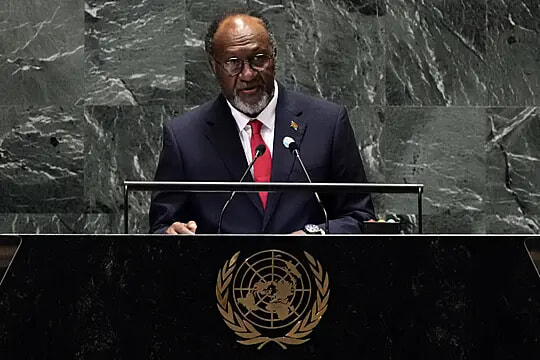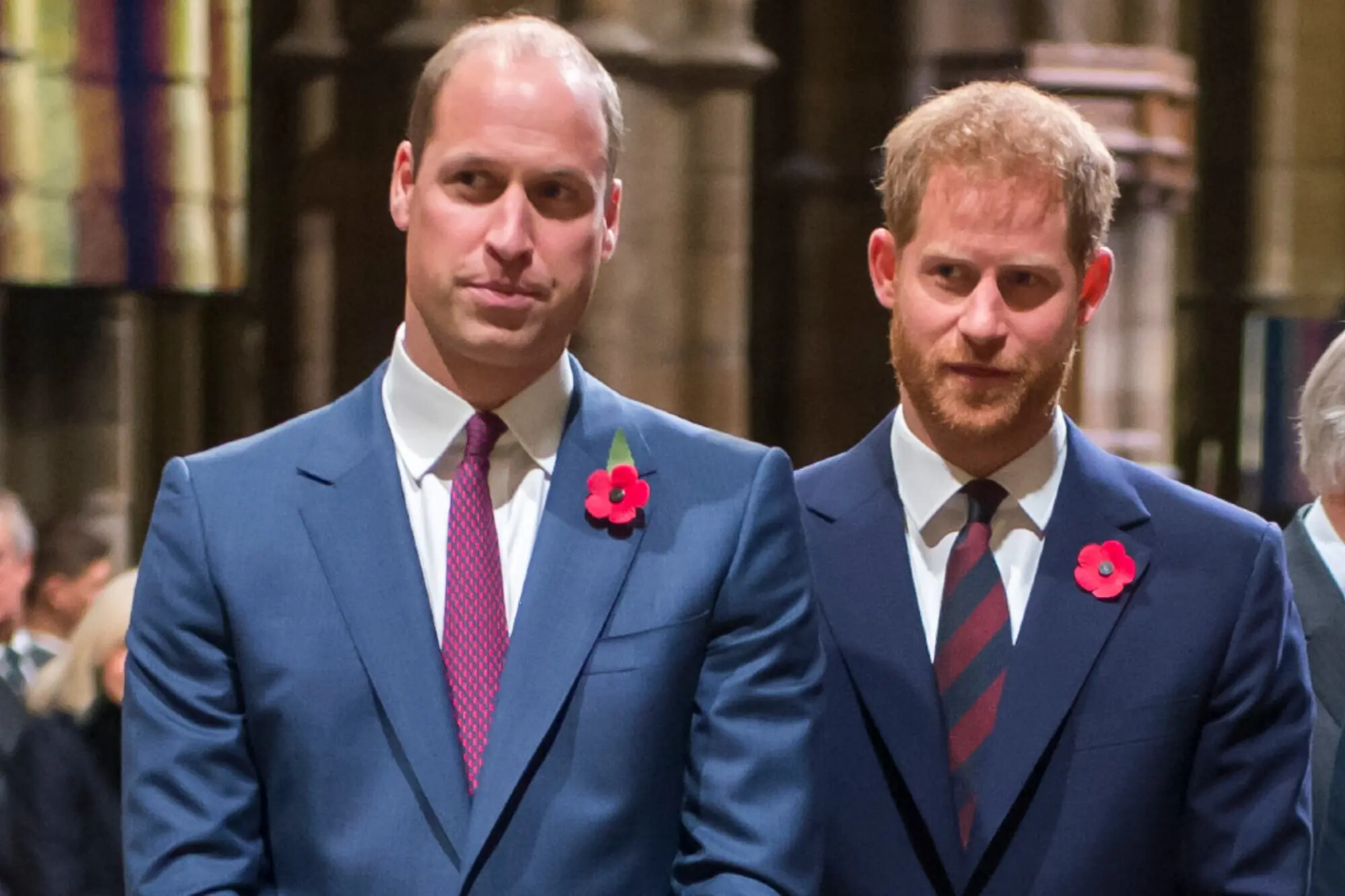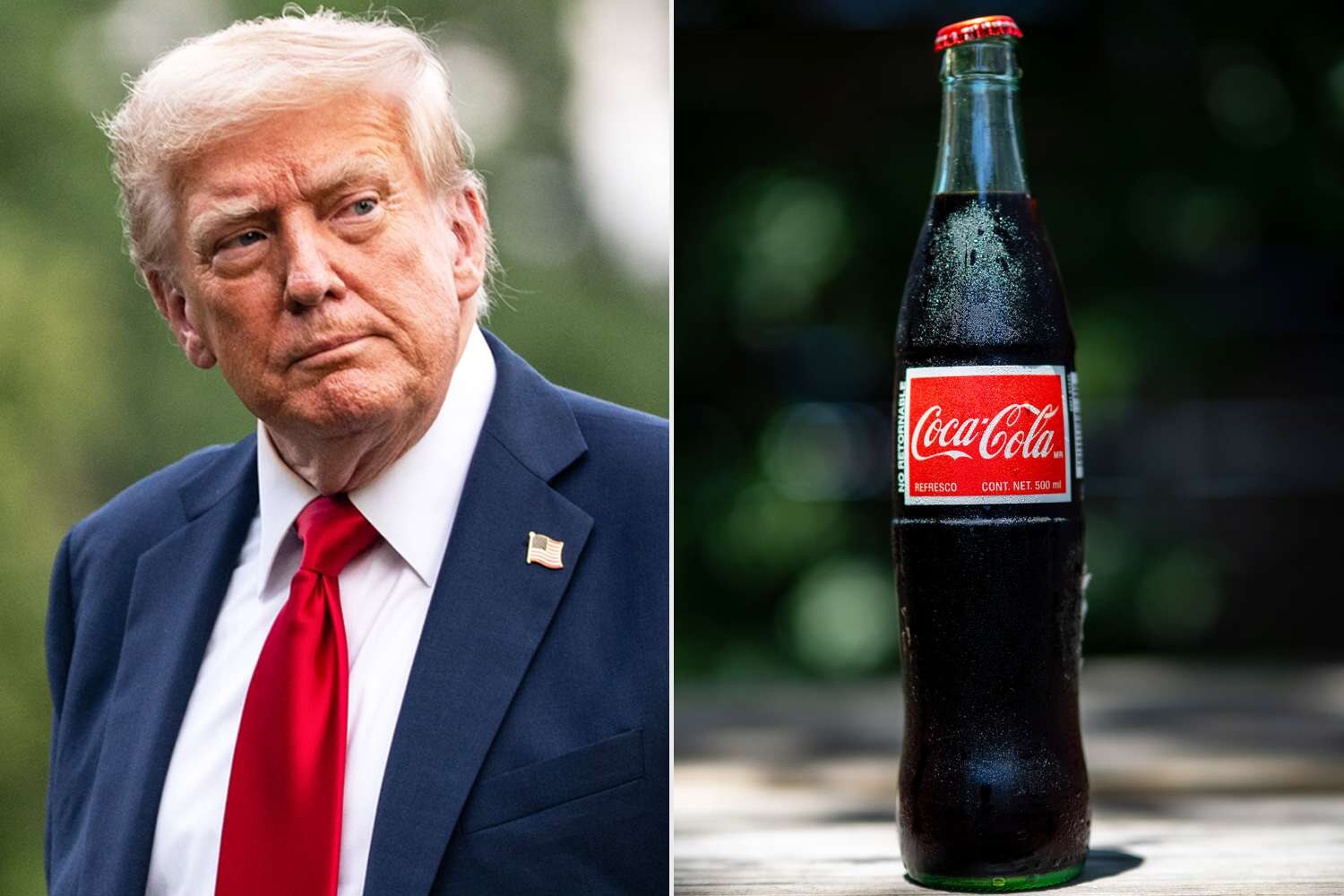
Former Superman Dean Cain Says Hollywood Made the Newest Version of the Character "Too Woke"
What does he know?
Published July 11, 2025
Advertisement
Advertisement
1. A New Dawn for Superman
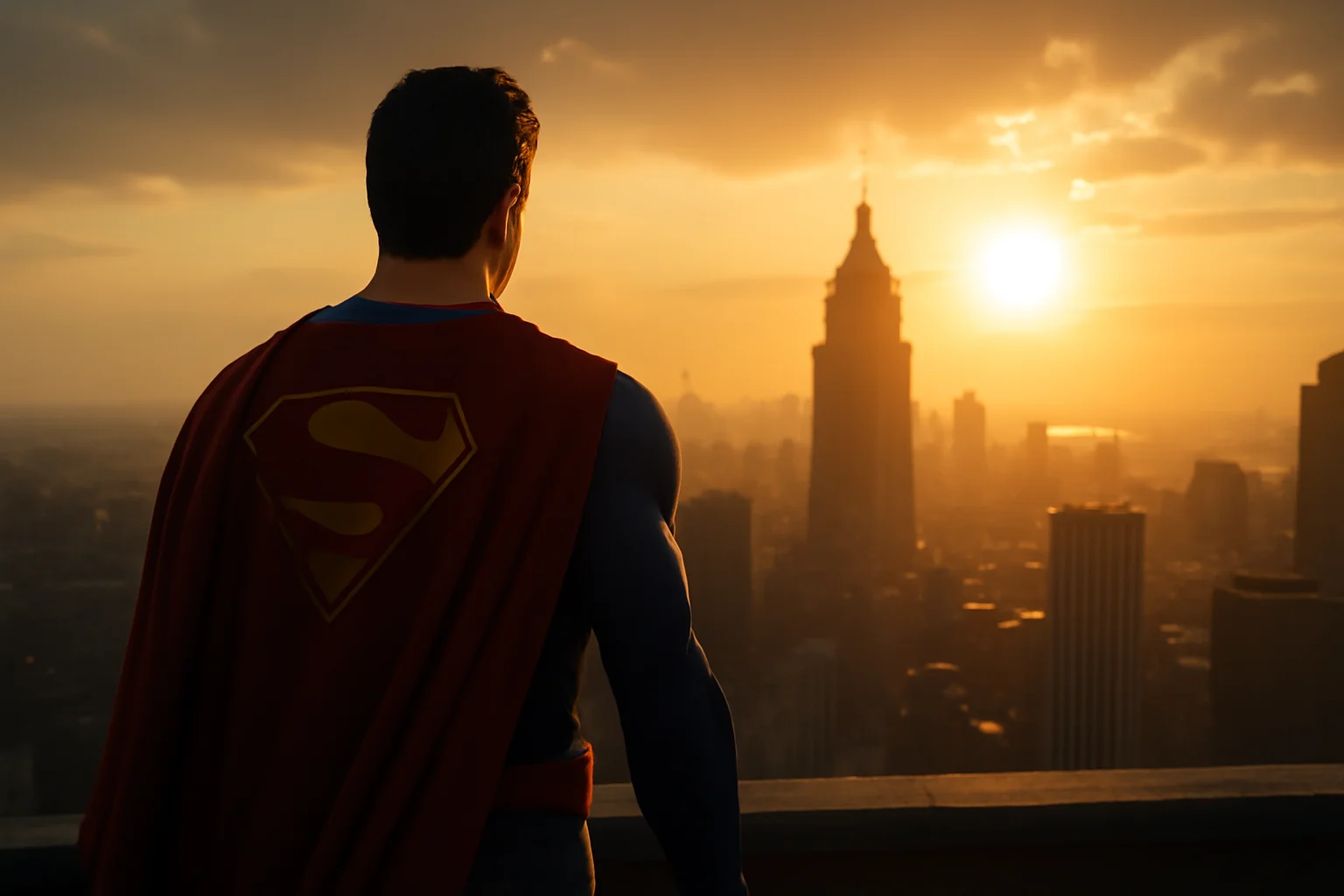
As the world eagerly anticipates the release of James Gunn’s reimagined “Superman,” the debate over the character’s core identity has ignited heated discussion across Hollywood and American culture. Gunn’s new film arrives at a time of political and cultural division, with the iconic superhero once again finding himself at the center of a nationwide conversation about values, identity, and the so-called culture wars. In interviews leading up to the film’s premiere, Gunn described Superman as the ultimate immigrant—an alien from another world who embodies “basic human kindness” and represents “the story of America.” His comments struck a chord, with supporters hailing the message as both timely and in keeping with the character’s origins, while critics charged that Gunn was using the Man of Steel as a vehicle for contemporary politics. The controversy has put a fresh spotlight on Superman’s legacy, questioning how this nearly century-old symbol should evolve in a rapidly changing society. Industry observers note that superhero films have often mirrored the concerns of their eras, but the stakes feel especially high for a character as foundational as Superman. Longtime fans, newcomers, and cultural commentators alike have all weighed in, underscoring the emotional weight that Superman continues to carry. With the film poised to launch a new chapter for DC Studios, its reception is being closely watched for both its box office potential and its cultural impact. The conversation goes beyond the movie itself, touching on broader themes of migration, belonging, and what it means to be an American. As the opening weekend approaches, anticipation is laced with a sense of uncertainty over how audiences will respond to this bold new vision. The debate over Superman’s meaning is not merely about fiction but about the values society chooses to champion.
Advertisement
2. The Man of Steel’s Legacy
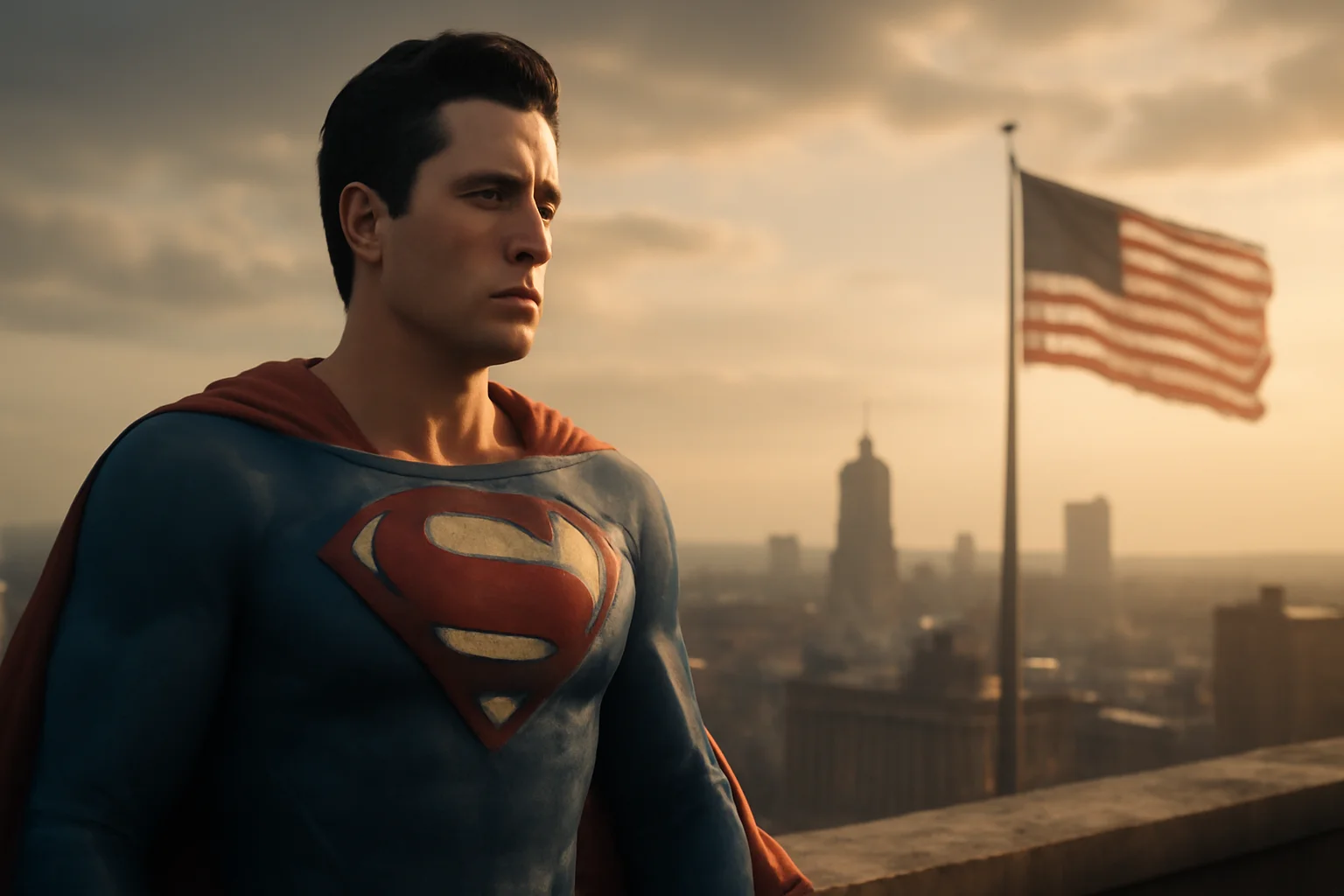
Superman’s story has always been about more than capes and superpowers; it’s a narrative woven into the fabric of American mythology. From his 1938 debut, created by Jerry Siegel and Joe Shuster—children of Jewish immigrants—Superman was imagined as an outsider who uses his powers for the greater good. His motto, “Truth, justice, and the American way,” has resonated across generations, evolving as America itself has changed. Over the years, Superman has reflected both optimism and anxiety, serving as a mirror for the country’s hopes and struggles. Yet as the world has grown more polarized, so too has the discourse around what the character should represent. Changes to his catchphrases and origin story have sparked intense debate, with each new iteration seen as a referendum on national values. This context made James Gunn’s comments about Superman’s immigrant roots particularly charged, reviving old arguments about authenticity and tradition. Some critics accuse Hollywood of rewriting legacy characters to fit contemporary narratives, while others see adaptation as essential to keeping stories relevant. The tension between preserving heritage and embracing progress is at the heart of this renewed cultural clash. For many, the question isn’t whether Superman is an immigrant—his extraterrestrial origin is canonical—but how that fact should inform the values he represents. What’s at stake is the power of myth to unite or divide, and whether icons like Superman can help society bridge its deepest divides.
Advertisement
3. Dean Cain Enters the Arena
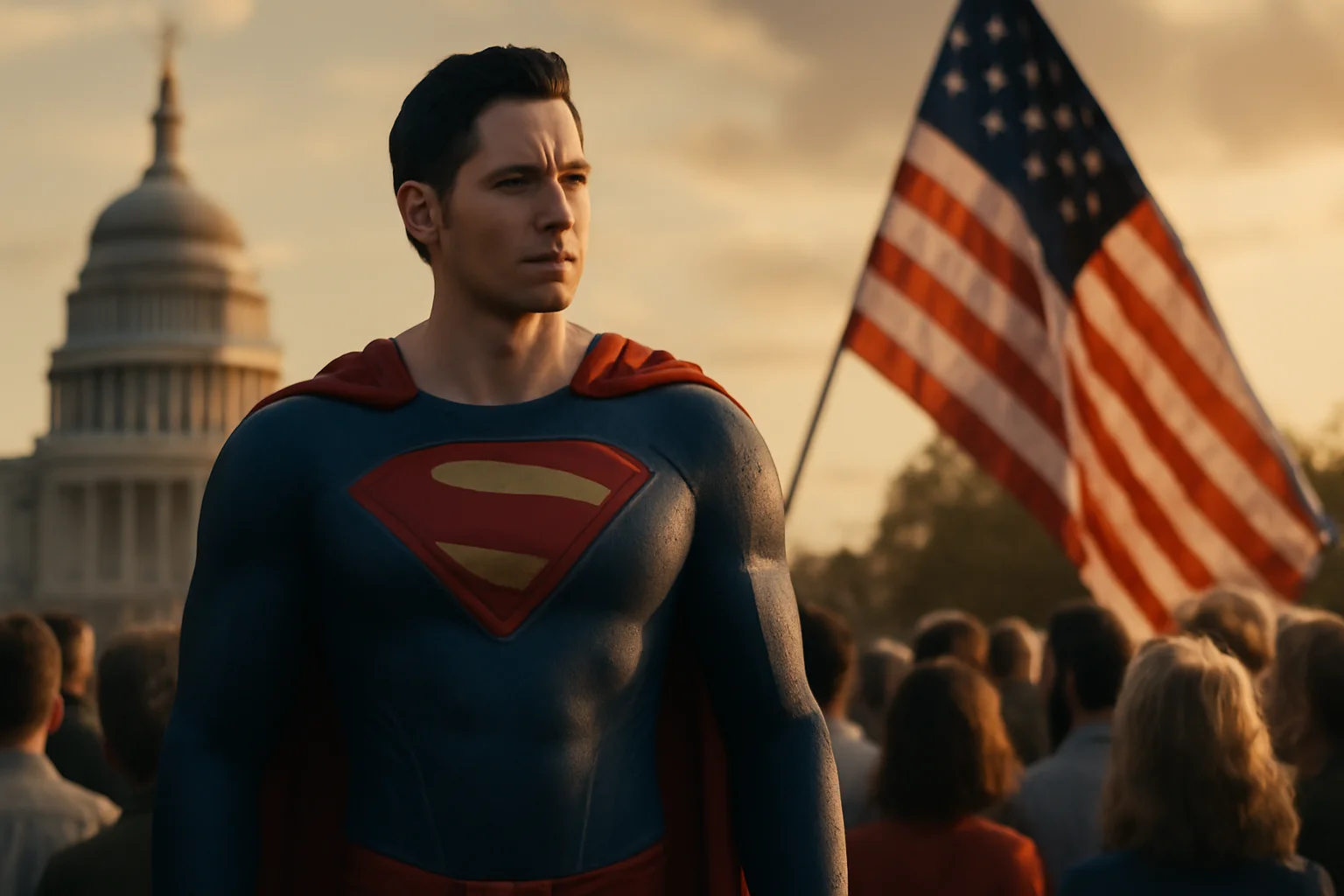
No figure has embodied the current debate more vividly than Dean Cain, who portrayed Superman in the 1990s series “Lois & Clark: The New Adventures of Superman.” Cain, a vocal supporter of conservative politics, has taken to the media circuit to express his reservations about Gunn’s approach. He argues that while Superman has always been immigrant-friendly, the character’s essence is rooted in traditional American values, not contemporary political ideology. Cain has criticized what he sees as Hollywood’s habit of making beloved characters “woke,” cautioning against using legacy icons as vehicles for political messaging. He points to the decision to drop “the American way” from Superman’s motto as evidence of a broader cultural shift he finds troubling. Cain contends that while America is and should be welcoming, there must be rules and limits, echoing broader debates on immigration policy. His remarks have found support among right-wing commentators, who accuse the new film of pushing a divisive agenda. Cain insists he wants the movie to succeed, praising Gunn’s sense of humor and storytelling, but fears that the immigrant framing could alienate a segment of the audience. He has become a lightning rod for those anxious about changes in American pop culture, often appearing on conservative outlets to share his perspective. His commentary reveals the extent to which superhero narratives have become battlegrounds in larger societal debates. Ultimately, Cain’s stance is less about Superman himself than about anxieties over identity, tradition, and national self-image.
Advertisement
4. Culture Wars
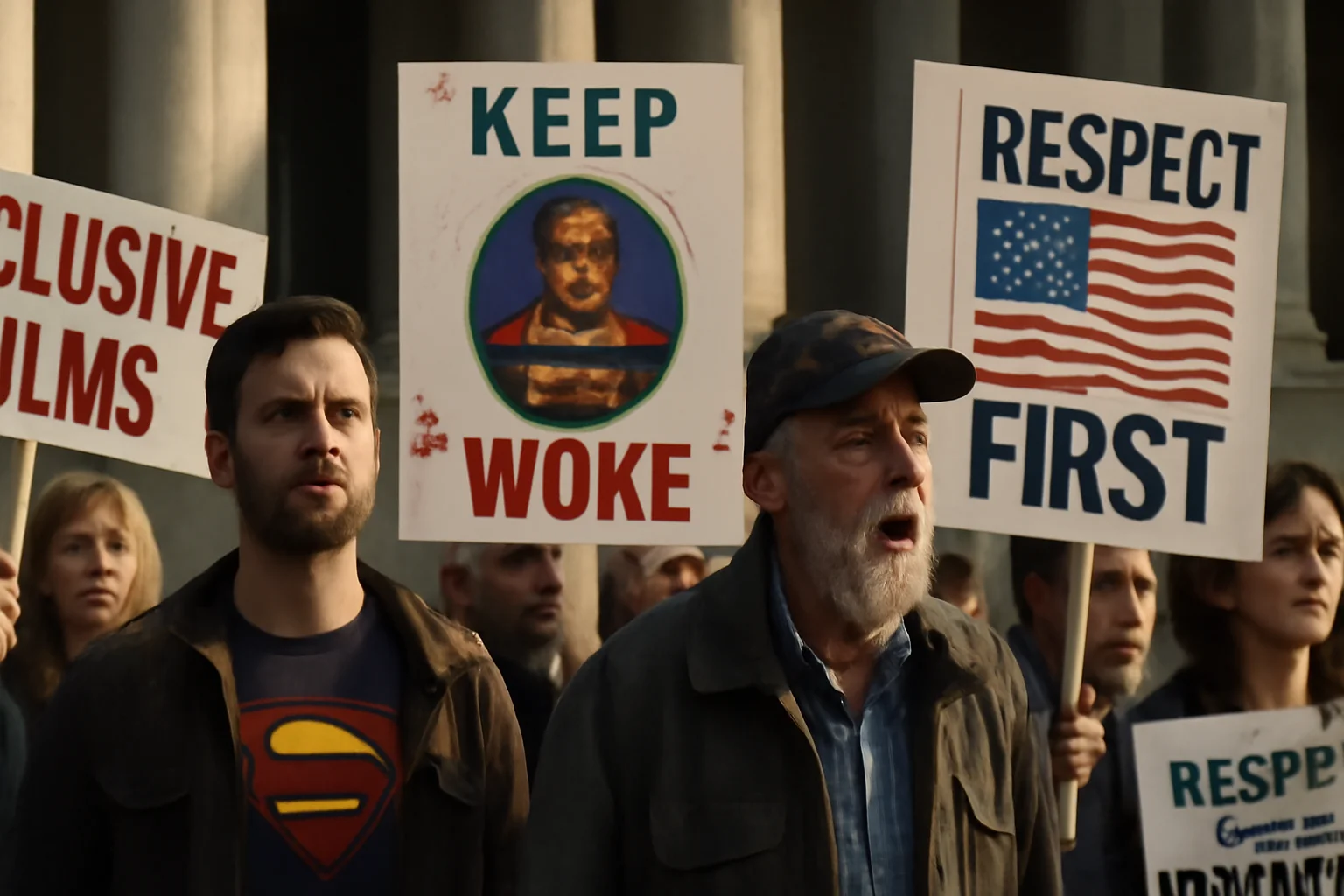
The outcry over Gunn’s remarks and Cain’s response are the latest flashpoints in a broader struggle over Hollywood’s evolving role. For critics, the transformation of characters like Superman and Disney’s Snow White is evidence of a trend toward so-called “wokeness” in mainstream entertainment. This phenomenon is not new—stories and myths have always been reinterpreted to suit the times—but today, such changes are scrutinized and amplified in the public arena. Some argue that film studios have an obligation to reflect a wider array of perspectives, especially in a nation as diverse as the United States. Others claim these updates erode the shared cultural touchstones that once united audiences across political and generational lines. The debate is rarely confined to art, often spilling into heated arguments about patriotism, inclusion, and the meaning of progress. In the case of Superman, Gunn’s emphasis on kindness and immigrant origins is seen by supporters as reclaiming the heart of the myth for a modern age. For detractors, it is interpreted as an unnecessary injection of politics into a narrative that once represented clear, uncomplicated values. This clash has become a microcosm for wider cultural anxieties about change, belonging, and the limits of tradition. Hollywood finds itself at the center, navigating the challenge of honoring legacies while appealing to evolving tastes and expectations. As the industry adapts, the stories it tells become lightning rods for the hopes, fears, and divisions of the society it entertains.
Advertisement
5. What Ignited the Fire
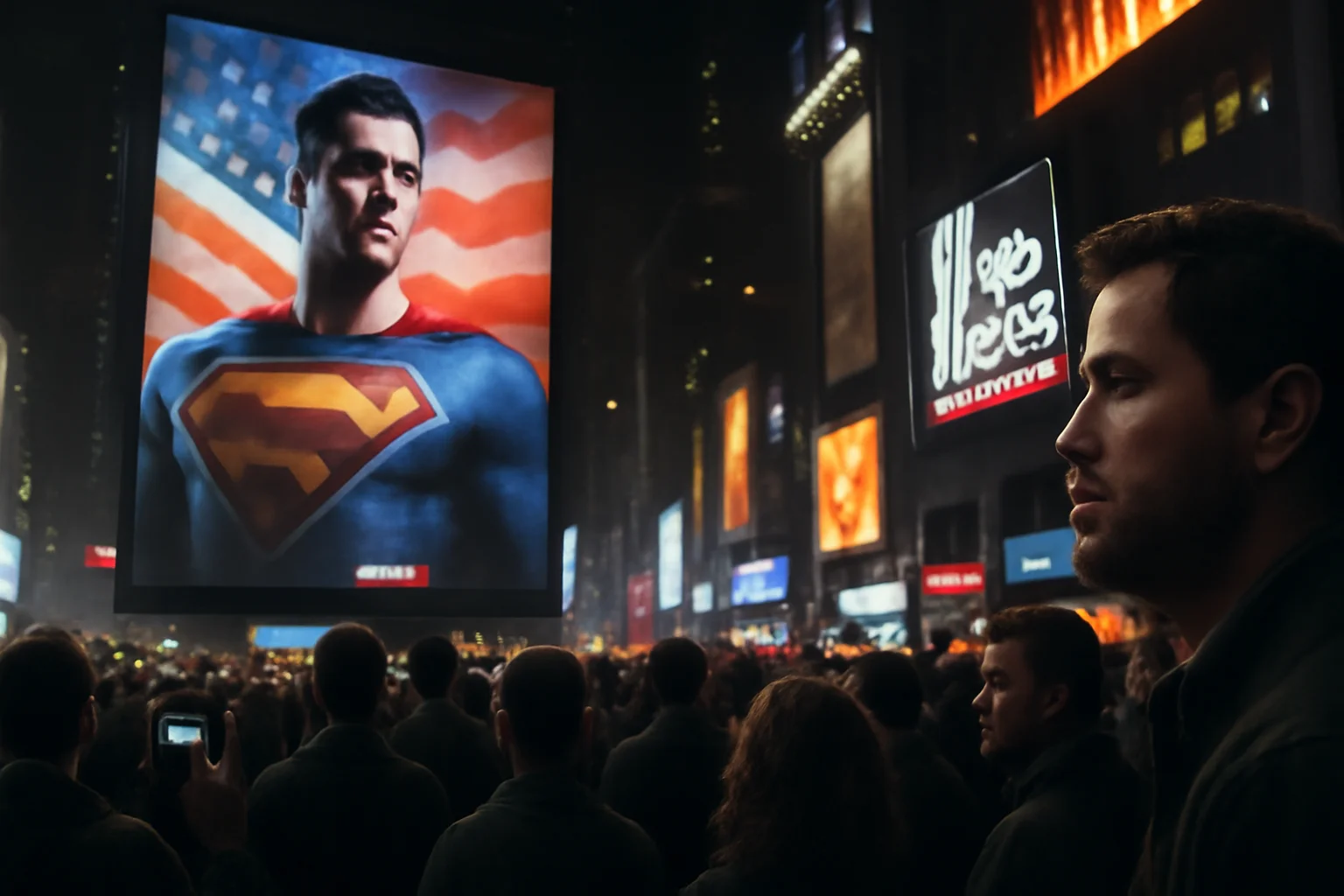
The current storm began when James Gunn told The Times UK that Superman is “the story of America—an immigrant that came from other places and populated the country,” and that the new film is ultimately about “basic human kindness.” These statements, though grounded in the character’s history, quickly became politicized in a landscape primed for controversy. Conservative media and personalities seized on Gunn’s comments, framing them as emblematic of Hollywood’s alleged overreach into divisive territory. Fox News hosts joked about Superman’s cape bearing MS-13, a notorious gang symbol, and lamented what they called “SuperWoke” storytelling. Social media erupted as fans and detractors argued about the purpose of modern adaptations and the boundaries between entertainment and activism. Supporters of Gunn and the film countered that Superman’s origin as an outsider has always made him a natural metaphor for the immigrant experience. For some, Gunn’s focus on kindness and inclusion resonated as a necessary corrective in an age of heightened division and cynicism. Others saw it as a missed opportunity to tell a story unburdened by current events, preferring nostalgia to engagement with the present. The debate over the film’s message spilled into discussions about immigration policy, the American Dream, and the evolving meaning of heroism. As anticipation for the film’s release intensified, the lines between pop culture and politics blurred beyond recognition. By the time “Superman” hit theaters, the conversation around it had become a proxy battle for national identity and the soul of American storytelling.
Advertisement
6. Across the Industry
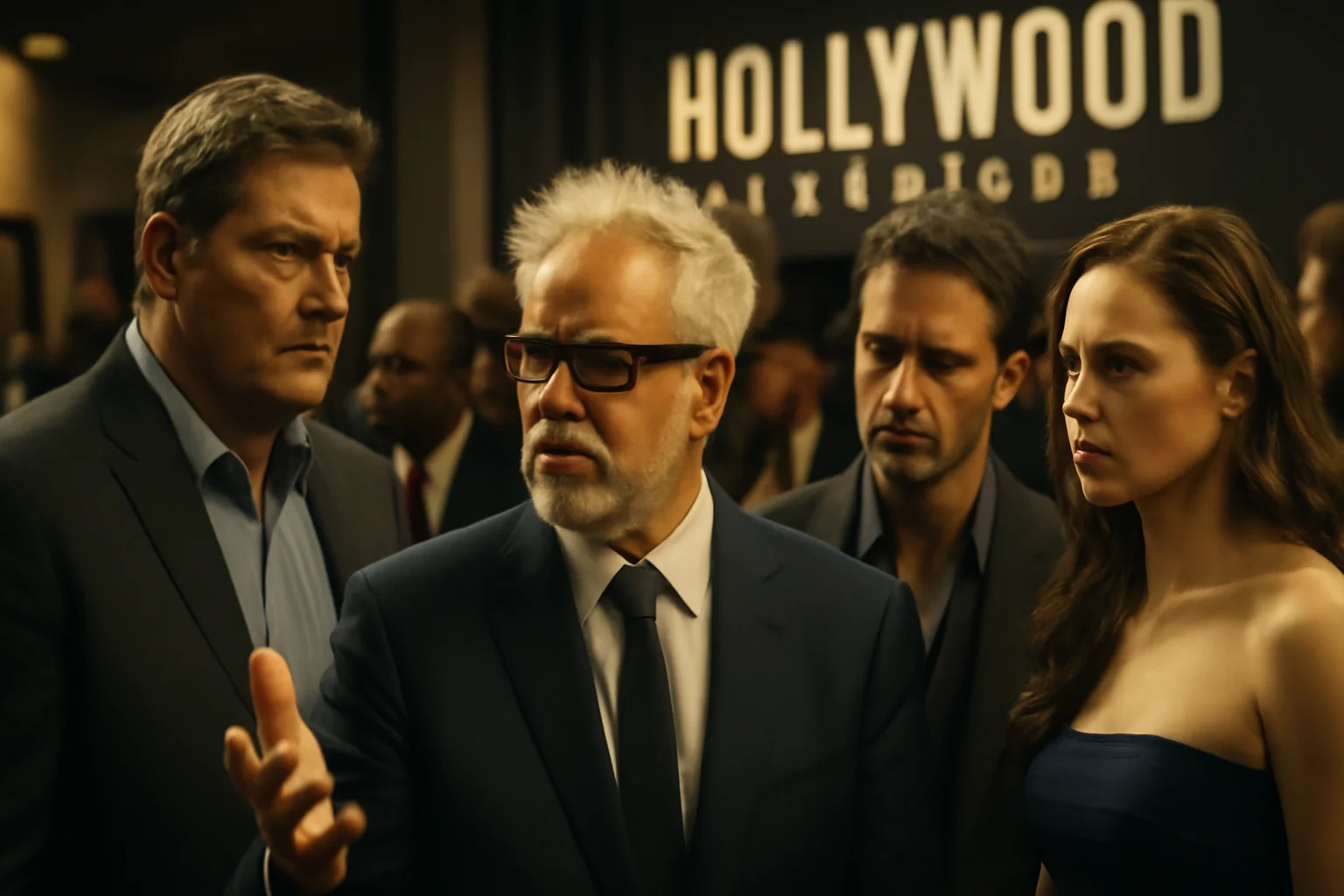
Inside Hollywood, the backlash and praise for Gunn’s vision have revealed deep divisions about the industry’s direction and responsibilities. Actors and filmmakers involved in the new “Superman” largely stood by the director, framing the movie as a universal tale rather than a political polemic. Sean Gunn, who appears in the film and is the director’s brother, was forthright: “Yes, Superman is an immigrant, and yes, the people that we support in this country are immigrants... People who say no to immigrants are against the American way.” Nathan Fillion, cast as Green Lantern, encouraged audiences to “just see the movie” and dismissed the uproar as overblown. James Gunn himself doubled down at the premiere, stating, “I think this is a movie about kindness, and I think that’s something everyone can relate to.” Industry press and critics noted that, despite the surrounding drama, the film was being received as a crowd-pleasing blockbuster rather than an overt political statement. Yet, the intensity of the reaction underscored the symbolic power of superheroes in American consciousness. Supporters praised the film for embracing a broader vision of what it means to be heroic, one that acknowledges difference and the challenges of belonging. Opponents remained unconvinced, citing a trend of updating classic narratives in ways they see as alienating. The debate around “Superman” thus became a referendum on Hollywood’s evolving relationship with its audience. For better or worse, the industry’s choices now reverberate far beyond the box office, shaping the very narratives of nationhood and community.
Advertisement
7. Superman: A Mirror for the Moment
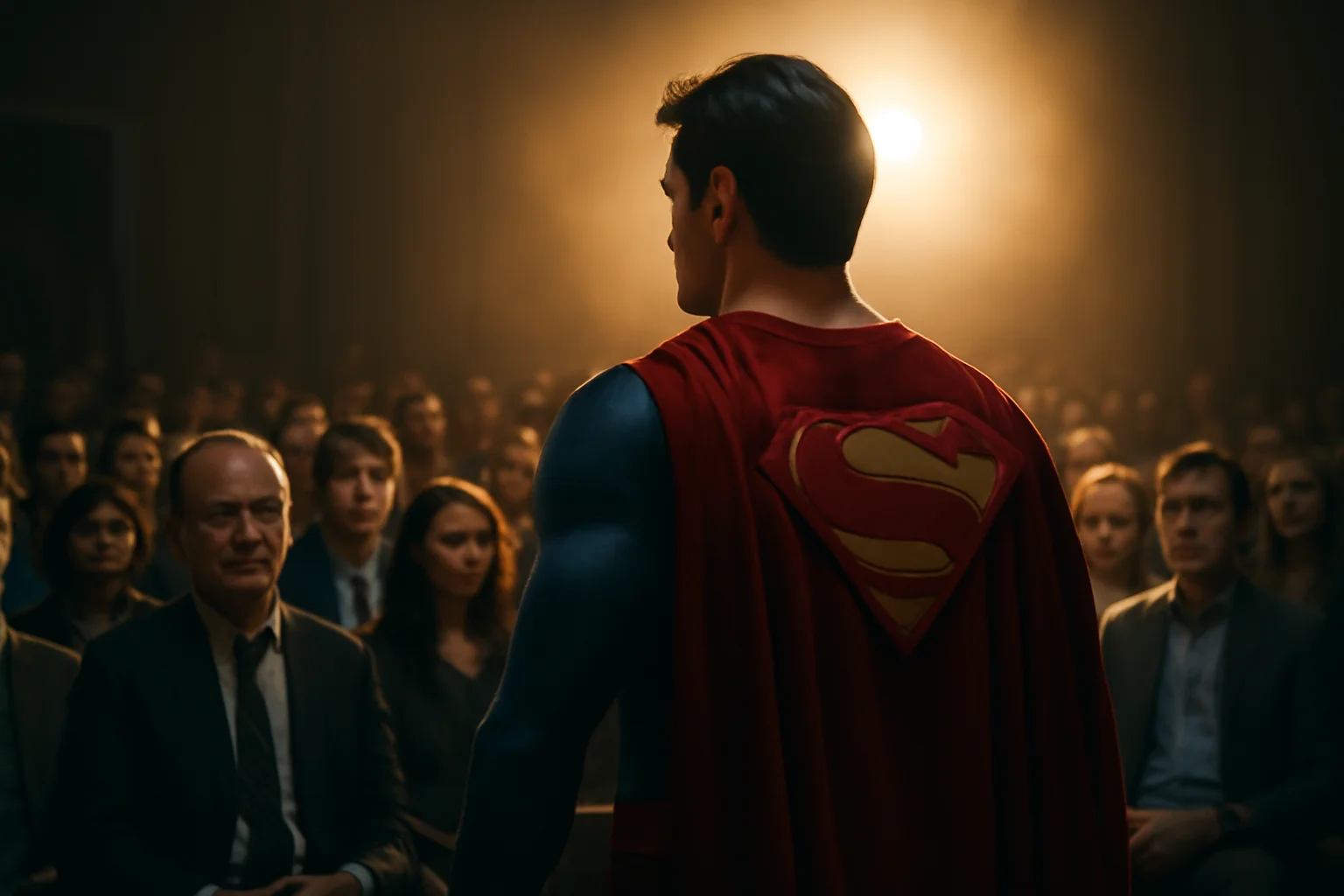
As “Superman” launches, it is clear that the character’s latest incarnation is less about capes and supervillains than about reflection and reckoning. The film’s themes have become entwined with real-world anxieties over immigration, inclusion, and the shifting definitions of American identity. For some, the Man of Steel’s journey from outsider to hero is the ultimate validation of the immigrant dream and the possibility of transformation. Others remain wary of what they perceive as a loss of the simplicity and optimism that once defined the character. The polarization of opinion highlights how closely superhero stories are now mapped onto the social and political fault lines of contemporary life. Superman’s status as both alien and human allows him to symbolize different things to different audiences—hope, disruption, reassurance, or challenge. Gunn’s insistence on kindness as the heart of the story has drawn both admiration and skepticism, depending on the lens through which viewers interpret it. Hollywood’s willingness to embrace complexity and ambiguity is itself a sign of changing times and the expanding possibilities for mythmaking. The enduring power of Superman lies in his ability to inspire debate, provoke reflection, and stir emotion—even as his story is told and retold for new generations. The questions raised by the film are not likely to disappear soon, for they are bound up with ongoing negotiations over who gets to define American culture. In this way, “Superman” has once again become a canvas for the collective imagination and anxieties of a divided society.
Advertisement
8. Conservative Backlash
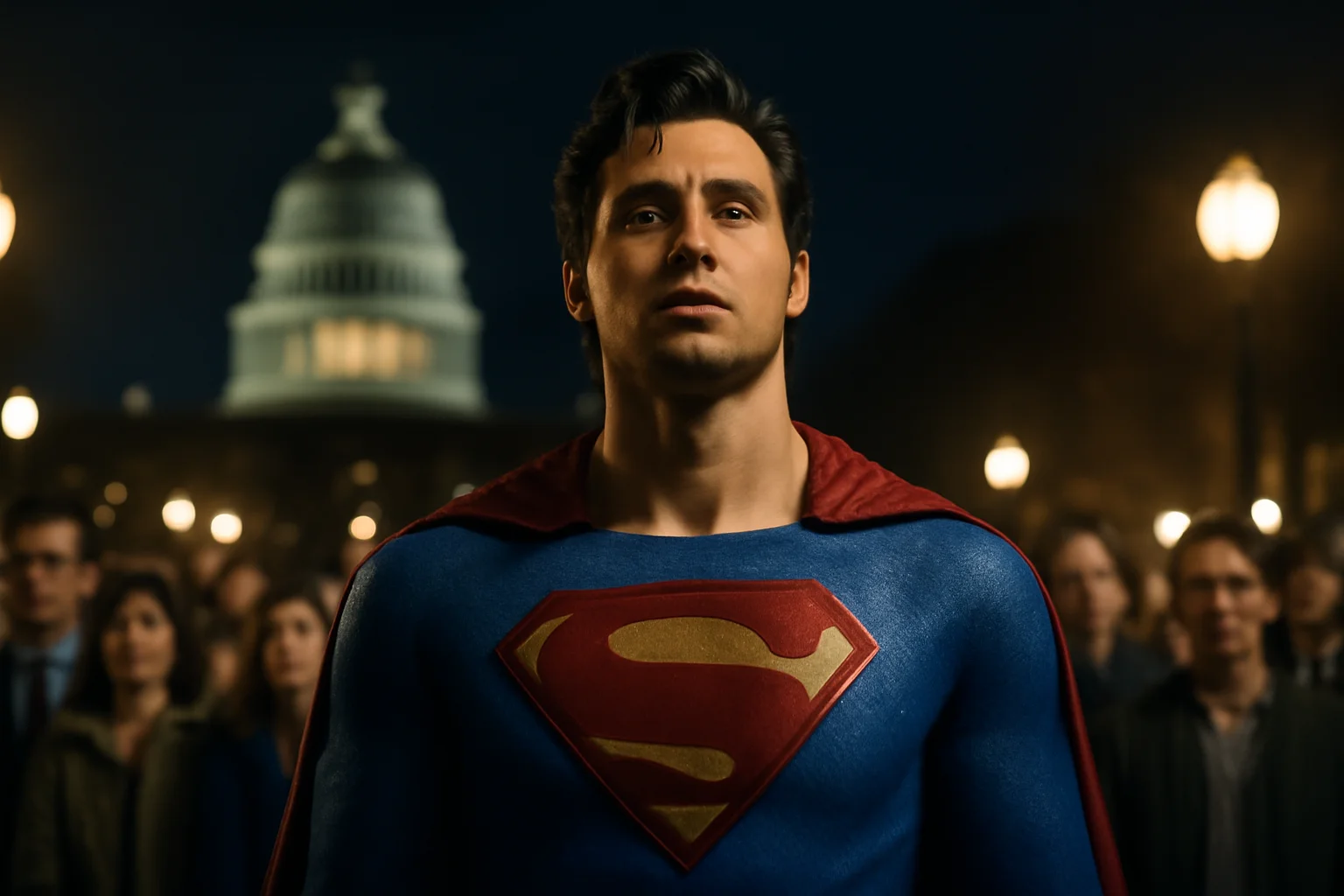
The most vocal criticism of the new “Superman” has come from conservative commentators, who accuse Gunn and DC Studios of abandoning tradition. These critics argue that by emphasizing Superman’s immigrant status and focusing on kindness, the film sacrifices clarity for political correctness. They warn that audiences are tired of being “lectured” and that Hollywood’s embrace of progressive themes risks alienating the moviegoing public. Dean Cain’s complaints echo through this chorus, expressing fear that “changing beloved characters” will erode the cultural touchstones of previous generations. Fox News hosts and other right-leaning voices have used the controversy to fuel broader narratives about a supposed cultural crisis in American media. The backlash is not limited to Superman; it encompasses a wide range of entertainment properties seen as shifting away from established norms. Critics lament what they describe as the loss of “the American way,” viewing updates to character mottos and storylines as symbols of decline. Their response reflects a deeper anxiety about change, displacement, and the perceived instability of shared values. Gunn and his supporters, for their part, argue that inclusivity and kindness are not new ideas but core aspects of the myth from the very beginning. The clash is emblematic of a moment when even fictional superheroes are drawn into real-world battles over meaning and memory. In the end, the uproar may say as much about America’s current climate as it does about the story of a man from Krypton.
Advertisement
9. Voices of Support
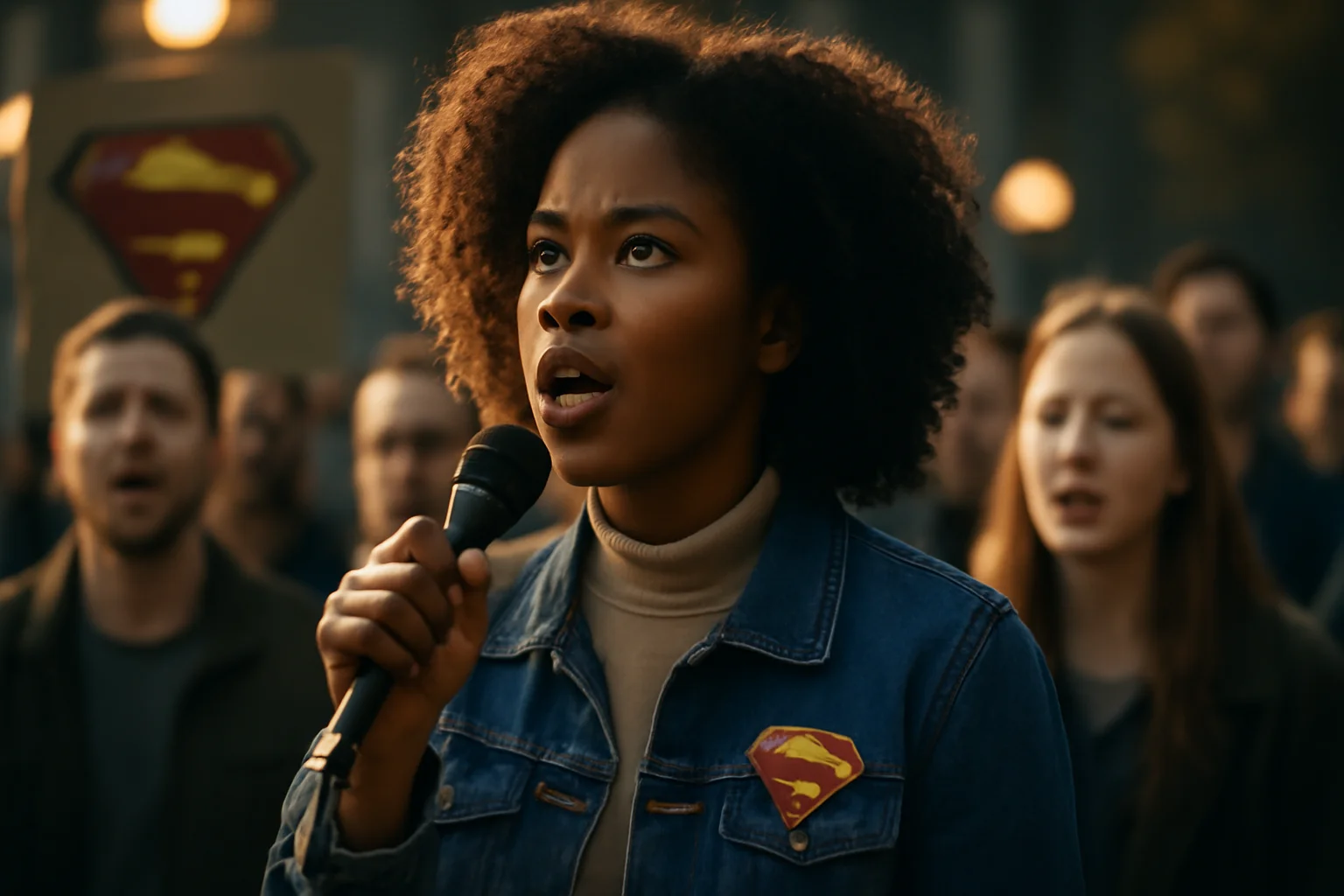
Amid the noise, a chorus of voices continues to defend Gunn’s vision as both faithful to the source material and urgently relevant. Many point out that Superman has always been an outsider—his journey an allegory for assimilation, acceptance, and the possibility of building a better world. Supporters highlight the need for narratives that foster empathy, especially in times of division and uncertainty. Industry insiders and cultural critics note that updating mythology has always been part of keeping stories alive and resonant for new generations. The emphasis on kindness is seen as a powerful corrective to a cultural landscape too often defined by conflict and cynicism. Social media has amplified both the backlash and the support, ensuring that the conversation around the film remains energetic and wide-reaching. James Gunn and his cast have stood by their choices, expressing hope that audiences will judge the film on its merits rather than the controversies surrounding it. The film’s box office performance will be watched as a barometer of how far audiences are willing to follow Hollywood down the path of reinvention. Whether the controversy helps or hinders the film may ultimately matter less than the intensity and breadth of the conversation it has sparked. In championing Superman as a symbol of hope, resilience, and compassion, Gunn’s defenders see an opportunity to reclaim the spirit that first made the hero iconic. As the debate rages on, the future of Superman—and of American pop culture itself—remains as open as the skies he flies through.
Advertisement
10. The Meaning of Superman
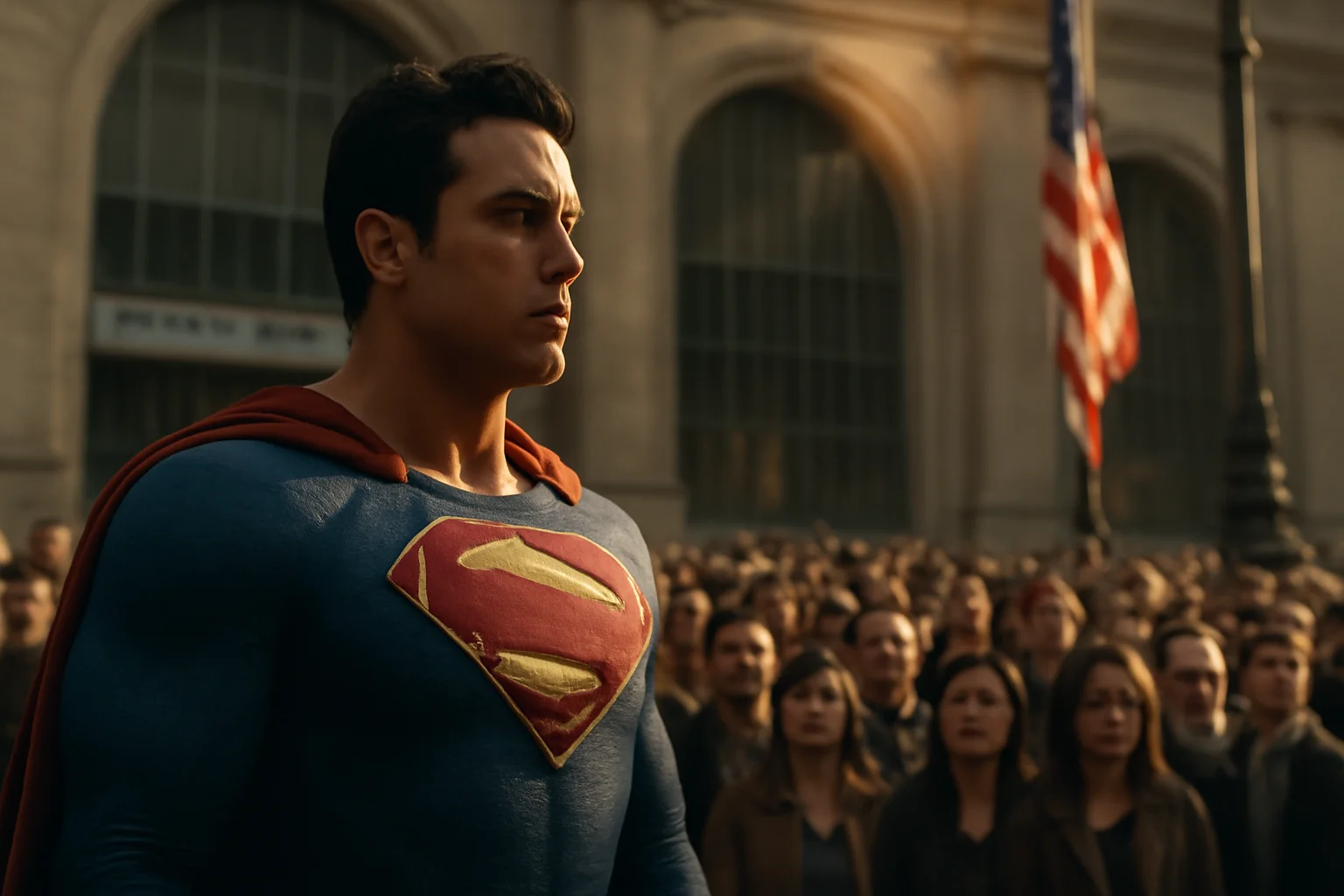
As “Superman” opens to audiences worldwide, its story is no longer just about an alien hero fighting evil but about who gets to define the values of a nation. James Gunn’s creative decisions have reanimated long-simmering debates about identity, tradition, and the proper balance between nostalgia and progress. Dean Cain and his critics warn of cultural drift, while advocates for change see adaptation as a necessary part of the myth’s evolution. The stakes are high, for Superman’s story is, at its core, America’s story—a tale of struggle, migration, acceptance, and the quest for justice. Hollywood’s choices, for better or worse, now carry the weight of reflecting and shaping the society it entertains. The debate over Superman’s meaning will likely continue, fueled by the character’s enduring relevance and the passions he inspires. What remains clear is that stories like his are never static; they are shaped and reshaped by the hopes, fears, and aspirations of each new era. For all the division, there is a shared recognition that fiction matters—that what we see on screen can influence the real world in profound ways. As Gunn’s Superman takes flight, he carries with him not just the legacy of a comic book legend, but the burden and promise of representing the best of humanity. Whether audiences embrace this vision or reject it, the conversation itself is a testament to the power of myth to challenge, provoke, and unite. In the end, Superman’s true power may be less about his strength than about his ability to reflect the complexities of the world that created him.
Advertisement
Advertisement
You May Also Like


